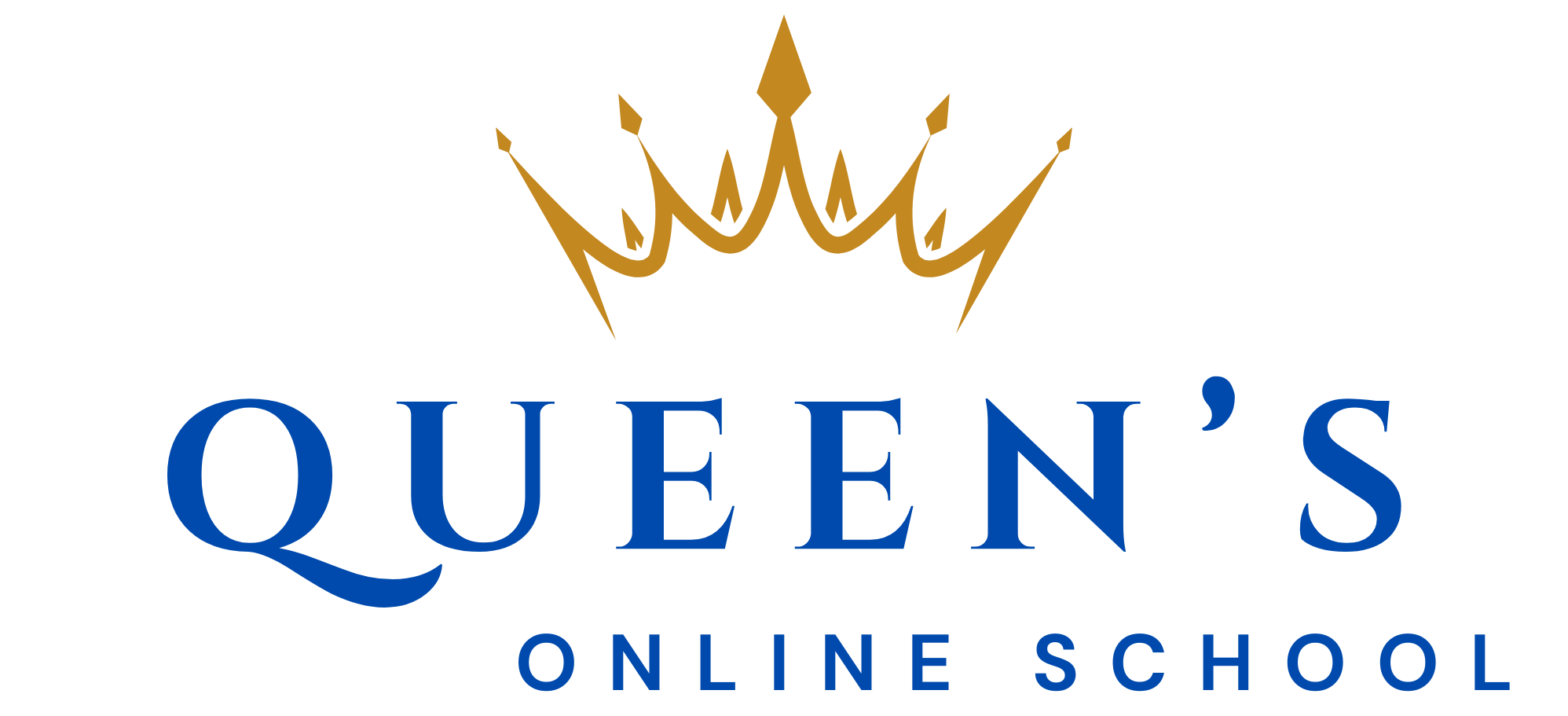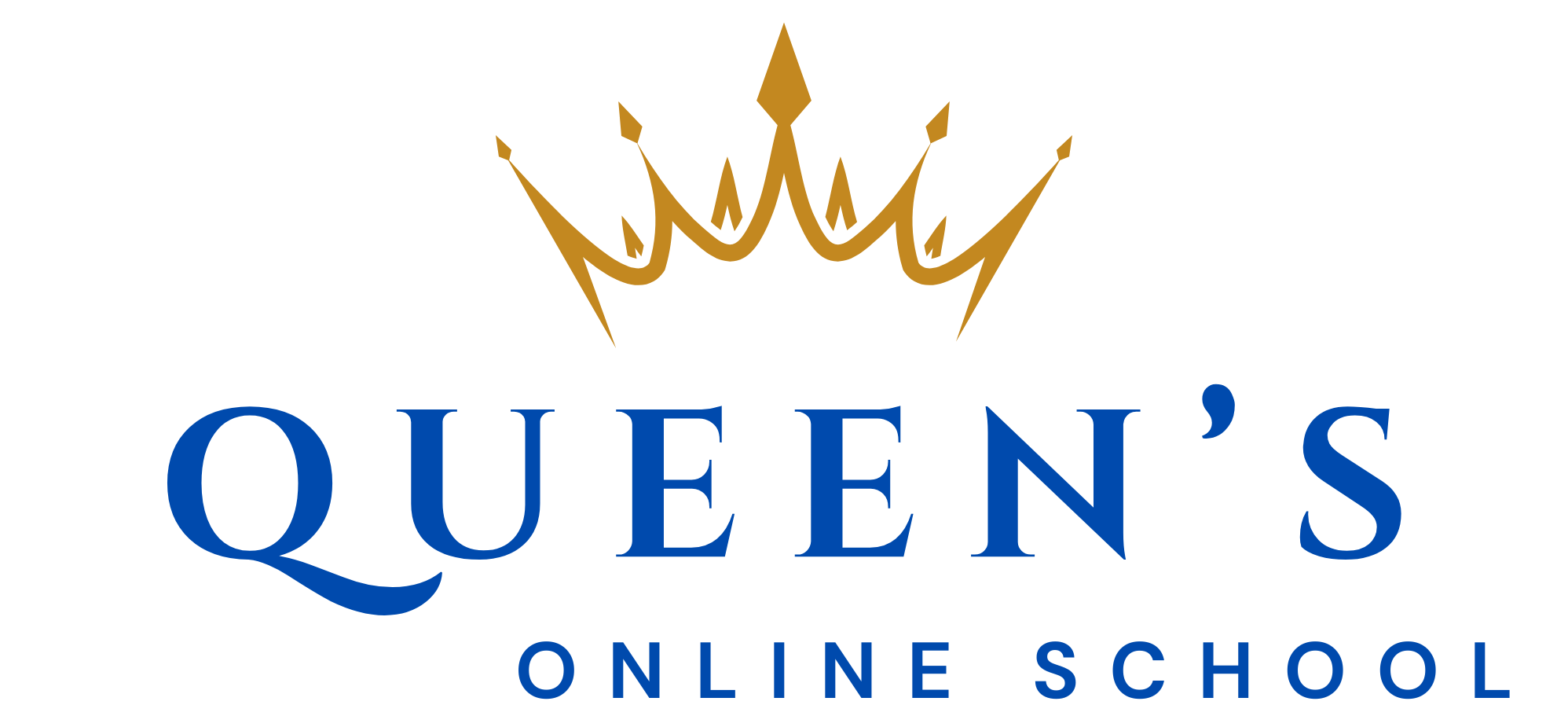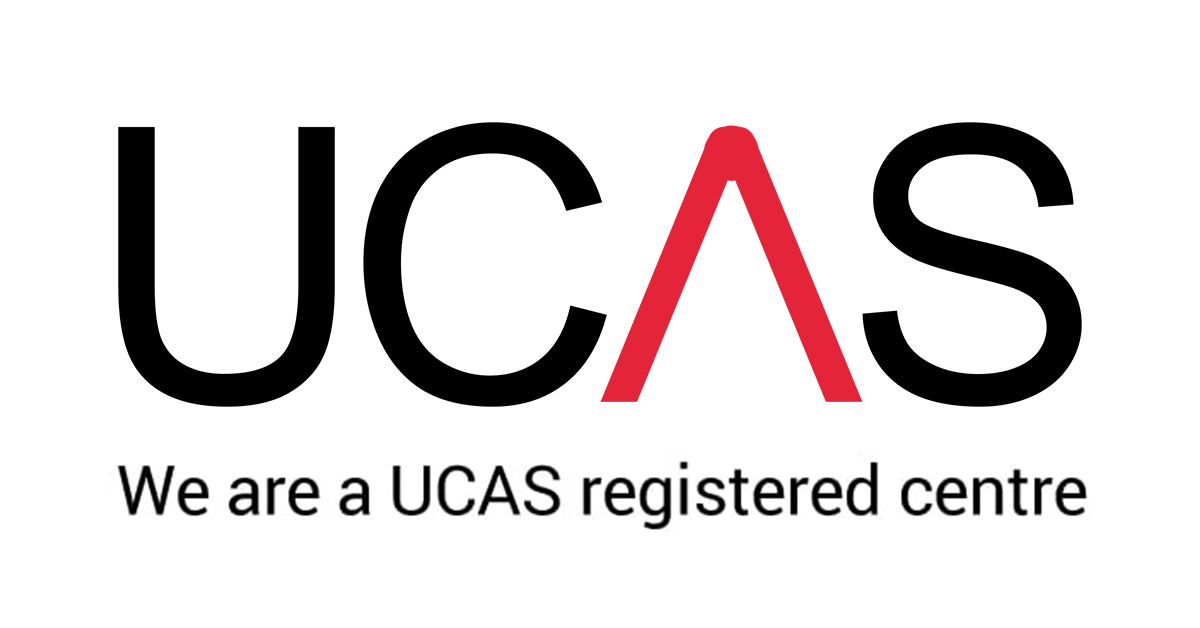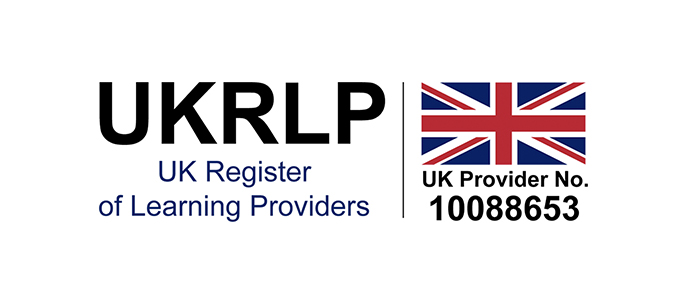International GCSE in Information and Communication Technology
Pearson Edexcel – Qualification Code: 4IT1
Why Study This Course?
The Pearson Edexcel International GCSE in ICT provides students with the essential knowledge and skills to understand, use, and apply digital technology in a fast-changing world. It focuses on practical ICT applications, enabling students to develop competencies in software use, data handling, communication technologies, and cybersecurity.
This course is ideal for students who:
· Want to develop practical ICT skills for future academic and professional use.
· Are interested in how digital devices, networks, and online systems function.
· Wish to learn about cybersecurity, digital ethics, and data protection.
· Are considering A-Level ICT, Computer Science, or careers in technology, business, or media.
· Want to gain a globally recognised qualification that is applicable across multiple industries.
Who is This Course For?
This course is suitable for students who:
· Enjoy working with computers, software applications, and digital communication tools.
· Want to develop skills in problem-solving, data analysis, and information management.
· Are considering careers in IT, digital marketing, software development, or data analytics.
· Wish to enhance their understanding of the impact of digital technology on individuals, organisations, and society.
The course focuses on six core areas, ensuring students develop practical skills and theoretical knowledge.
1. Digital Devices
- Types of computers, tablets, smartphones, and digital gadgets.
- Features of peripheral devices, such as printers, scanners, and storage devices.
- Software applications: operating systems, utilities, and productivity software.
2. Connectivity
- Internet and network protocols, bandwidth, and wireless communication.
- LAN, WAN, VPN, and the role of cloud computing.
- Cybersecurity measures, including encryption, firewalls, and VPNs.
3. Operating Online
- Risks and security concerns: hacking, phishing, and identity theft.
- Ethical and legal considerations: GDPR, copyright laws, and fair use policies.
- Social media, blogging, and collaborative platforms in business and education.
4. Online Goods and Services
- E-commerce and digital transactions: online banking, mobile payments, and security.
- Online education and virtual learning platforms.
- Artificial intelligence (AI) and automation in online services.
5. Applying ICT
- Using word processors, spreadsheets, databases, and presentation software.
- Formatting, editing, and refining digital content.
- Data handling and analysis using software tools.
6. Software Skills
- Developing documents, reports, and presentations for business and education.
- Creating databases and spreadsheets for data analysis.
- Designing web pages, interactive media, and digital graphics.
The course assesses students based on the following objectives:
| Objective | Description | Weighting |
|---|---|---|
| AO1 | Demonstrate knowledge and understanding of ICT concepts | 25-27% |
| AO2 | Apply ICT knowledge to solve problems and develop solutions | 46-52% |
| AO3 | Analyse and evaluate ICT solutions and draw conclusions | 24-26% |
Develops Practical Digital Skills
Students gain hands-on experience in using software, managing data, and creating digital solutions.
Recognised by Universities and Employers
The Pearson Edexcel International GCSE in ICT is widely accepted by higher education institutions and technology-driven industries.
Prepares for Careers in the Digital Economy
ICT skills are highly valued in business, finance, healthcare, and creative industries, making this qualification an excellent pathway to future careers.
Engaging and Industry-Relevant Content
The course covers modern digital trends, including cloud computing, cybersecurity, e-commerce, and AI applications, ensuring students remain up to date with the latest advancements.
Course Structure
The qualification consists of two externally assessed written papers:
Paper 1: Principles of ICT (50%)
Exam Duration: 1 hour 30 minutes
Assessment Format: External written examination
Skills Assessed:
- Understanding hardware, software, networks, an
- Analysing data protection, cybersecurity, and digital ethics.
- Evaluating the role of ICT in business, education, and entertainment.
- Applying problem-solving skills in ICT scenarios.
Topics Covered:
- Digital Devices – Different types of computers, mobile devices, and their uses.
- Connectivity – Wired and wireless communication, networking technologies.
- Operating Online – Online security, cloud computing, social media impact.
- Online Goods and Services – E-commerce, digital payments, and streaming services.
Paper 2: Practical Paper – Application of ICT Skills (50%
Exam Duration: 3 hours (including printing time)
Assessment Format: Practical computer-based examination
Skills Assessed:
- Developing ICT-based solutions using software applications.
- Applying data management, spreadsheet, and word processing skills
- Creating presentations, websites, and digital communication materials.
- Evaluating and refining digital documents for accuracy and efficiency.
Topics Covered:
- Applying ICT – Using software applications to complete tasks.
- Software Skills – Word processing, spreadsheets, databases, web authoring, and graphics.
Each paper assesses different aspects of ICT, including theoretical understanding and practical application.





